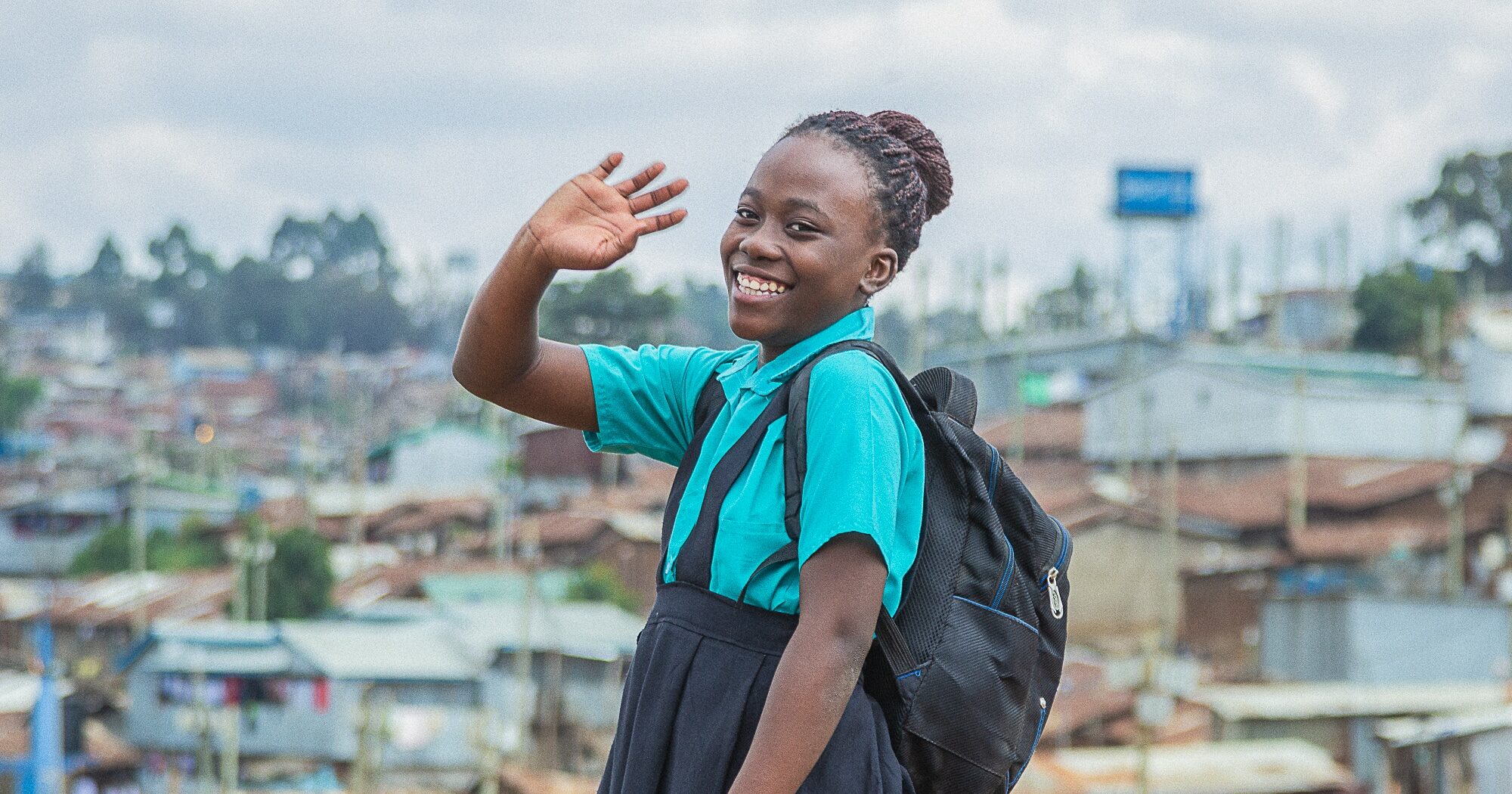By Tamela Noboa and Lauren Dorling
If you search the question ‘Why does girls’ education matter?’, you’ll be met by a dozen articles with largely the same information.
You will read that girls’ education has the potential to transform communities and countries. After all, investing in girls’ education is a form of strategic development which strengthens both the economy and societal structures – by reducing child marriage and infant and maternal mortality on the one hand, and increasing income, jobs and leadership opportunities on the other. You’ll learn that gender parity in education leads to a reduction in gender-based violence and equips girls with the skills and financial means to actively contribute to, and enhance, their family’s wellbeing.
And then there’s the staggering statistics.
- Worldwide, there are around 130 million girls out of school.
- 9 million girls will never set foot in a classroom.
- Only 24% of countries in the world have achieved gender parity in upper secondary education.
- 94% of children across the world have been out of school as a result of COVID and an estimated 20 million girls are at risk of never returning to school.
You’ll read about all the barriers that girls can face – including poverty, child marriage, gender-based violence, inadequate infrastructures and few female teachers and mentors.
In summary, you’ll get an answer that frames girls’ education as a solution to many problems – and focuses on how it can make the world a better place.
And those answers are all true. But at its core, the reason girls’ education matters is because girls matter.
We have grown accustomed to speaking of education as the way in which we prepare young people for life. But in fact, education is part of life itself.

It is through education that one learns life skills such as critical thinking, creativity, problem solving, mental agility, and emotional resilience. But to be a fully functional member of society is also to feel our shared humanity and contribute to the society of which we are a part.
Education provides essential opportunities for self-discovery and to learn self-reliance. It arms us with the ability to develop our sense of identity, to gain skills for employment, to find our passions, our voice and the confidence to pursue our dreams.
Our basic rights are often viewed in such primal terms that we equate mere existence with the act of living. But education elevates us from simply surviving to actively shaping the society in which we live. It creates a bridge from who we are now to who we can become.
And so the next time you ask why girls’ education matters, it is for all the reasons you will read.
But above all, the reason girls’ education matters is because girls matter.




